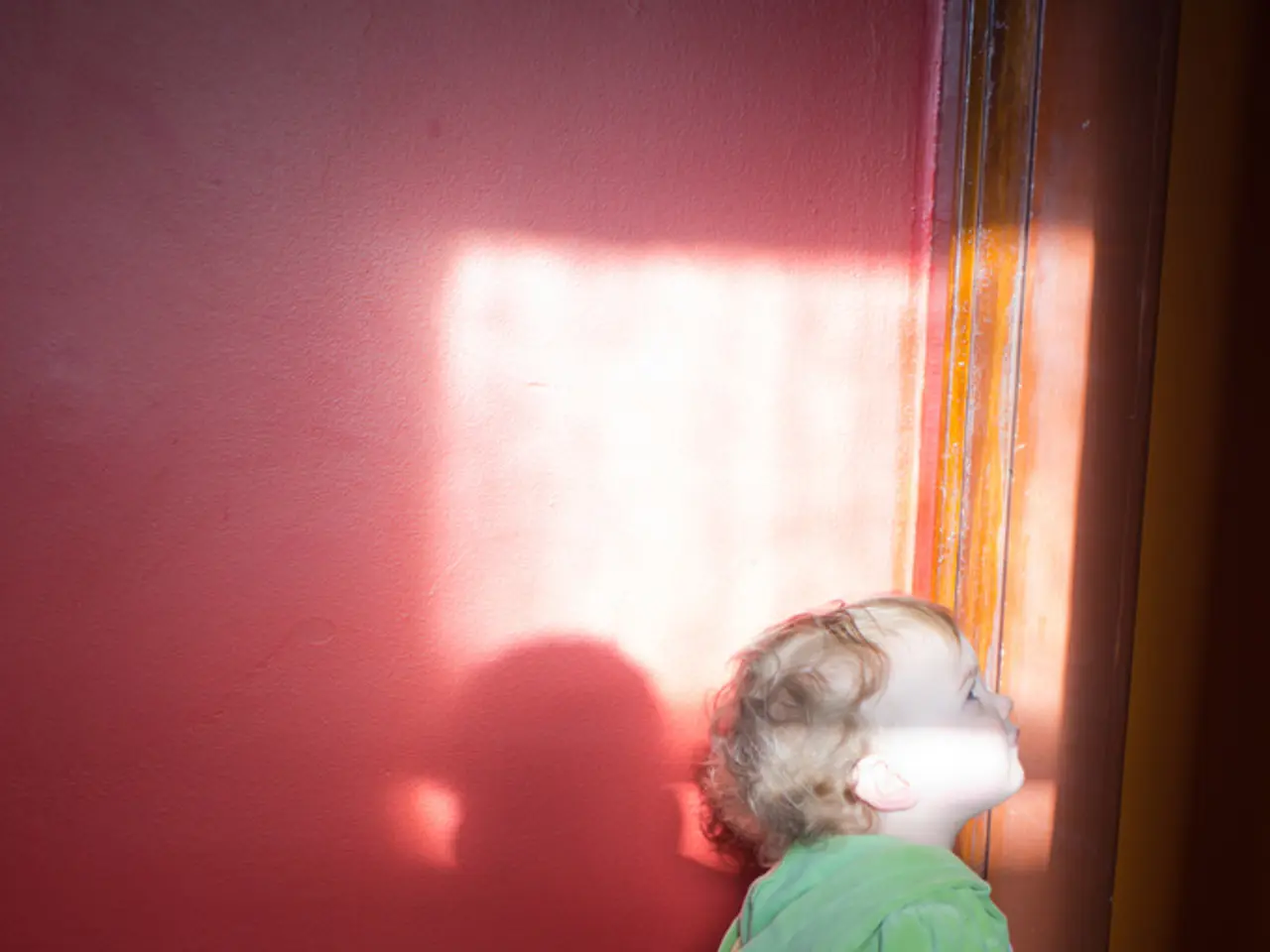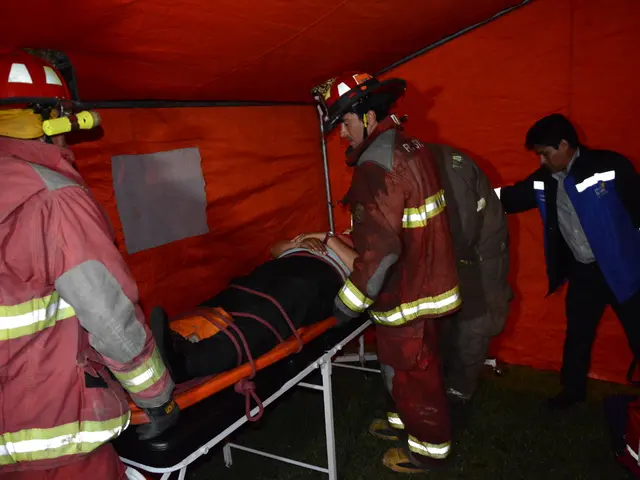Genetic disorder known as Familial Dysautonomia: Underlying factors, signs, and remedies explained
Rare Genetic Disorder Affects Small Number of Individuals Worldwide
Familial Dysautonomia (FD), a rare genetic disorder primarily impacting the autonomic nervous system, is almost exclusively found among individuals of Ashkenazi Jewish heritage. This condition, also known as Riley-Day syndrome and hereditary sensory and autonomic neuropathy 3, is a result of a mutation in the IKBKAP (ELP1) gene.
The Ashkenazi Jewish population has a high carrier frequency for the gene mutation responsible for FD, with approximately 1 in 30 individuals carrying the altered gene. This high carrier rate results in an estimated prevalence of FD of around 1 in 3,600 live births among this group. In contrast, FD is extremely rare outside the Ashkenazi Jewish community, with only sporadic cases reported worldwide.
The IKBKAP gene mutation leads to abnormal development and function of sensory and autonomic neurons, causing the characteristic symptoms of FD. These symptoms may include abnormalities of the pupils, inability to produce tears, difficulty feeding in infancy, growth delays, problems with sweating, reduced reactions, reduced ability to feel pain, problems with blood pressure, lack of coordination, behavioral problems, issues with walking, low muscle tone, susceptibility to respiratory infections, scoliosis, autonomic crisis, and vomiting or retching during autonomic crisis.
Dysautonomia, a group of medical conditions affecting the autonomic nervous system, includes FD. The autonomic nervous system regulates unconscious tasks such as heart rate, breathing, and digestion. The deficiency of IKAP, a protein critical for neuronal development and survival, in people with FD affects the number of functioning nerve fibers, causing reduced sensations of pain, touch, temperature, and taste.
Diagnosing FD can be challenging due to its rarity, often referred to as an "orphan disease." A doctor may suggest genetic testing if an infant presents with characteristic signs of FD. Genetic testing can detect the presence of an alteration in the ELP1 gene to confirm the diagnosis.
While there is no cure for FD, treatments primarily focus on managing symptoms and improving quality of life. A multidisciplinary approach involving various medical specialists is typically necessary to address the specific needs of those with FD. Treatment options may include feeding tubes, antinausea medications, chest physiotherapy, elastic stockings for low blood pressure, physiotherapy to help improve muscle tone, eye drops to help lubricate the eyes, surgery to address scoliosis, and ongoing research to help individuals with FD produce sufficient amounts of the IKAP protein.
With improvements in medical care, life expectancy for people with FD is increasing. Roughly half of people with the condition live to the age of 30. Despite the challenges posed by this rare disorder, ongoing research and a supportive community offer hope for those affected by FD and their families.
- Other autoimmune disorders, such as multiple sclerosis and lupus, are conditions that affect the immune system and are different from Familial Dysautonomia (FD), a neurological disorder primarily found in the Ashkenazi Jewish community.
- In addition to FD, there are various chronic diseases and medical conditions, like neurological disorders, that can impact a person's health and wellness throughout their life.
- It is crucial for science and medical research to focus on understanding and finding treatments for rare conditions like FD, as well as common neurological disorders, to improve the quality of life for those affected by these chronic diseases.
- Some people with FD may also experience complications or have other medical issues, such as other autoimmune disorders or neurological disorders, alongside their primary condition.




